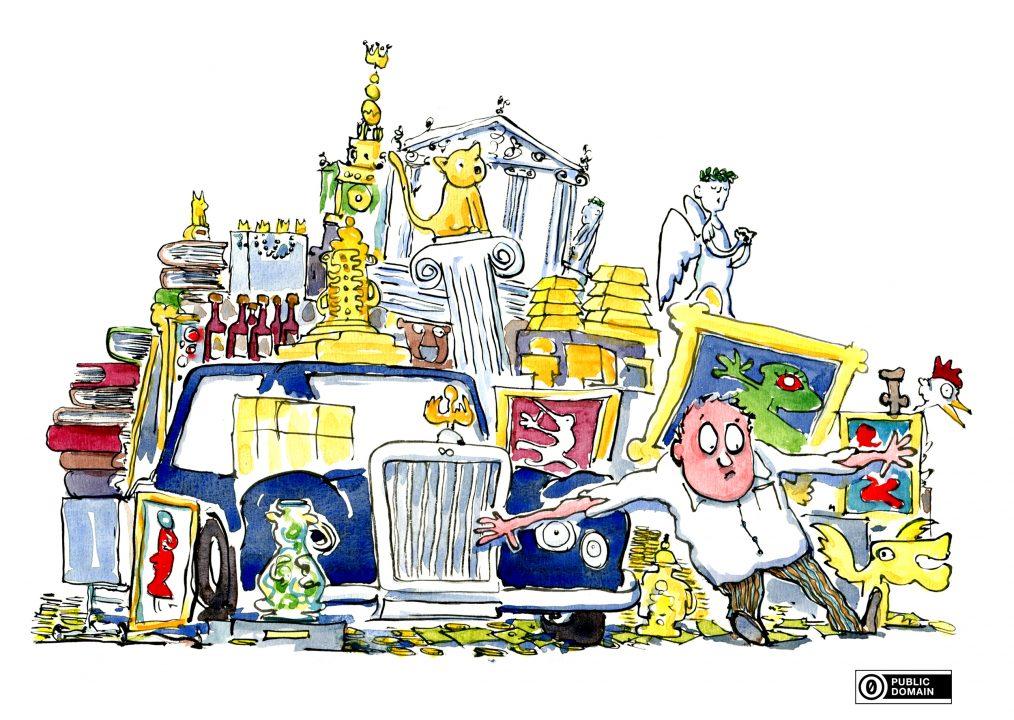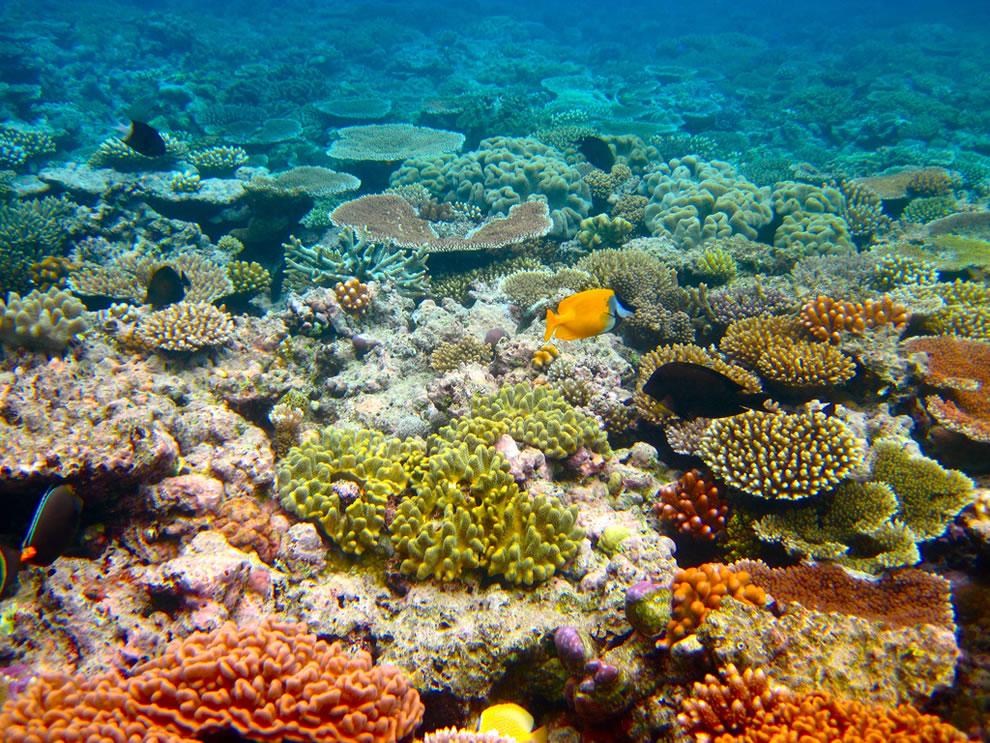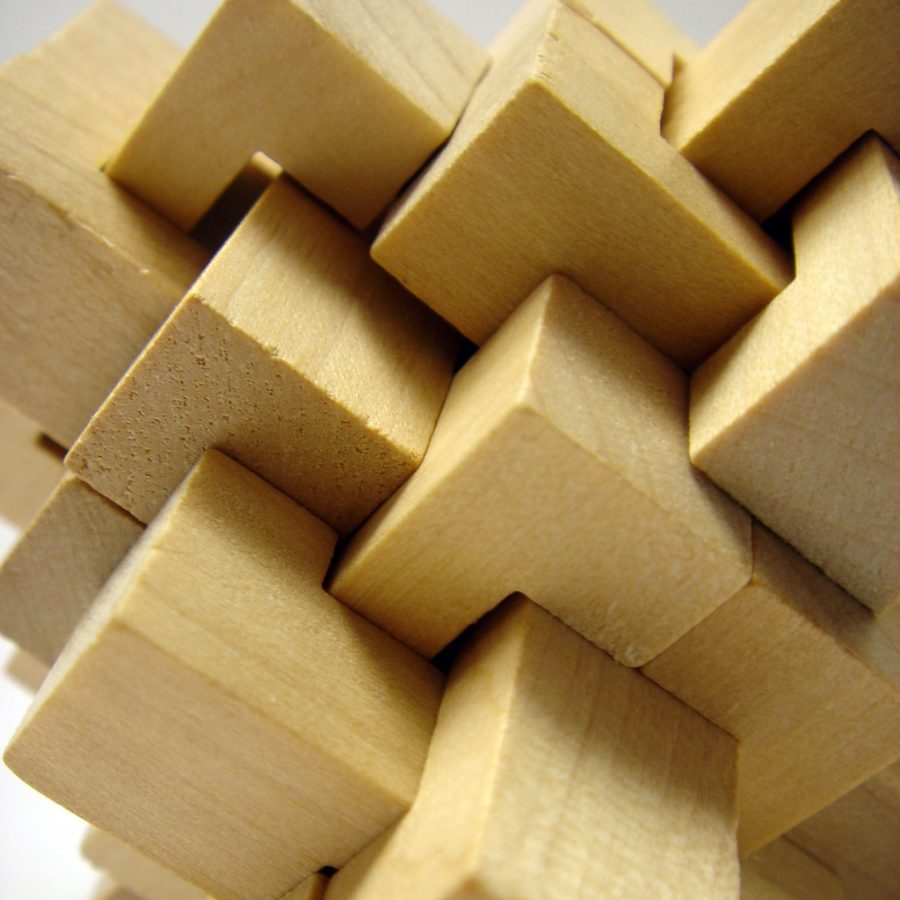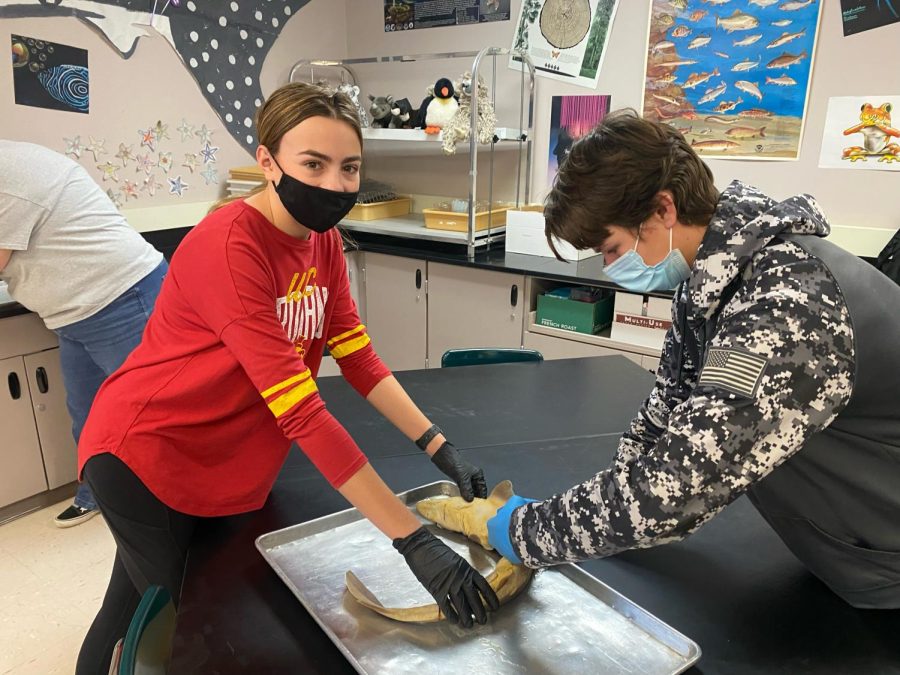// HALEY KOLSETH
The Great Barrier Reef is one of the seven natural Wonders of the World, and is one of the only natural structures that can be seen from space. The reef has been home to marine ecosystems which offer habitats for thousands of oceanic creatures.
The change in sea temperature is putting stress onto the coral, leaving reefs vulnerable to bleaching. According to the National Oceanic and Atmospheric Administration (NOAA), coral can be considered “stressed” when its symbiotic relationship with algae is damaged by ocean pollution and increasing temperatures. This causes the algae, an integral aspect to the coral’s survival, to leave its tissue.
An obituary posted by Rowan Jacobsen from Outside News stated that the Great Barrier Reef in Australia was dead after a 25 million yearlong life. The world’s largest living structure was killed off by “climate change and ocean acidification,” according to Jacobsen.
This obituary sparked scientific controversy with marine biologists and scientists alike, specifically those who study coral reefs in Australia. These scientists have defended the coral reef, for the most part, debunking Jacobsen’s article and saying it “missed the mark” for promoting preservation efforts.
Many scientists have compared the current state of the reef to somebody on life support, saying how you wouldn’t pull the plug on somebody who still has a fighting chance at survival. “For those of us in the business of studying and understanding what coral resilience means, the article very much misses the mark,” Kim Cobb, a professor in Georgia Tech’s School of Earth and Atmospheric Sciences, said in an interview for the LA Times. “It’s not too late for the Great Barrier Reef, and people who think that have a really profound misconception about what we know and don’t know about coral resilience.”
Scientists like Russell Brainard, the chief of NOAA’s Pacific Islands Fisheries Science Center, expect that the article was meant to highlight the urgency of the situation. “But those who don’t know any better are going to take it at face value that the Great Barrier Reef is dead,” Brainard said in an interview for the Huffington Post.
In effort to keep from officially pulling the plug on life support of this natural wonder’s life, it is crucial to highlight the importance of doing your part for oceanic conservation. As stated by The Nature Conservancy organization, there are ten easy ways to help save coral reefs, even if you live thousands of miles away from a reef.
- Conserve Water
- Help reduce pollution by finding alternative modes of transportation other than driving
- Research what you put on your lawn
- Dispose of your trash properly
- Support reef-friendly businesses
- Plant a tree
- Practice safe and responsible driving or snorkeling
- Contact your local government representatives
- Volunteer for local cleanup initiatives
- SPREAD THE WORD


















